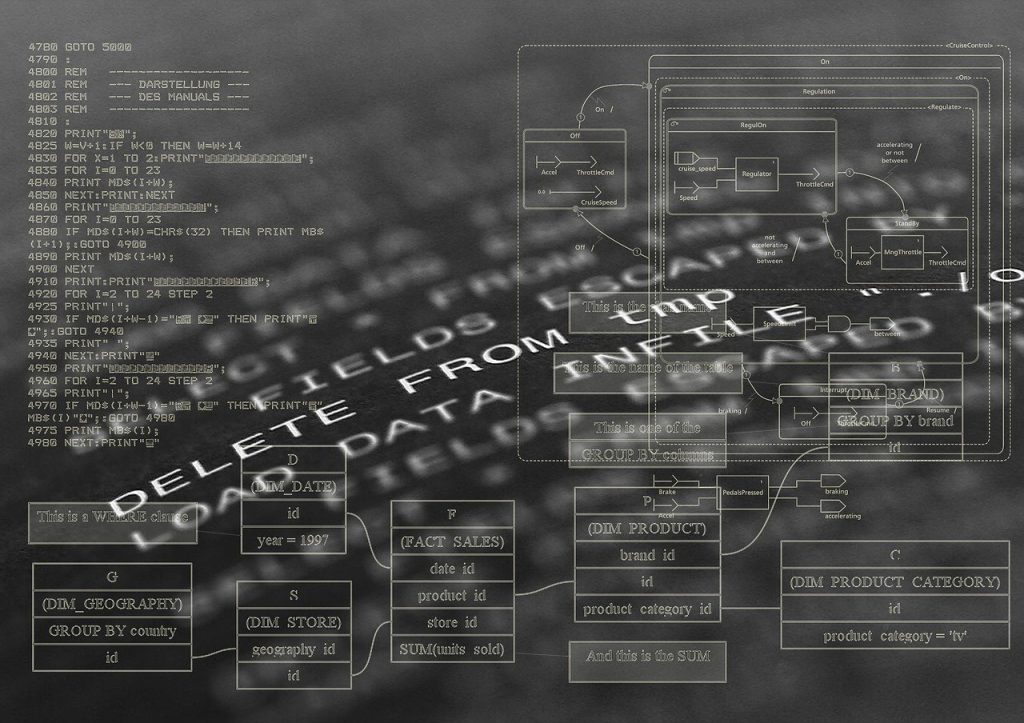
AI may help match inconsistent data provided by different systems of food waste classification
On 25 September 2025, the WASTEWISE partner Kim Lindfors from the Natural Resources Institute Finland (LUKE) presented a poster at the RETASTE conference, in which they explored the potential of AI to match disparate food classification systems. Their findings reveal that Large Language Models (LLMs) may help match inconsistent data provided by different systems of food waste classification, one of the main gaps encountered when combining assessment data of environmental impact with those of Life Cycle Assessment (LCA).
The WASTEWISE project aims to provide robust environmental insights into food waste assessment, including the integration of environmental impact assessment into food waste assessment. A significant challenge encountered for this is linking detailed food waste data with LCA background databases; they lack a consistent classification system, which presents a substantial data matching issue.
Traditional approaches to bridging such gaps often rely on manual mapping, fuzzy matching, or semantic matching techniques. While somewhat effective, these methods are typically labour-intensive and require programming expertise. The LLM-based matching approach used in this study (Gemini 2.5 Pro), in contrast, performed well in identifying corresponding entries across disparate datasets, while greatly reducing manual effort. It proved to be both accurate and efficient, showing clear advantages over traditional methods. This demonstrates broader applicability and can be a valuable tool for resolving differences in classification nomenclature and integrating diverse datasets in other scientific domains.
